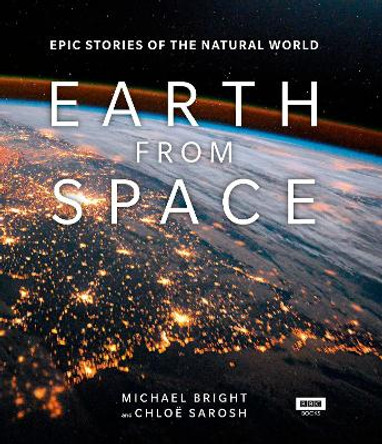Description
This engaging survey of the Space Age links science and technology with politics and popular culture, war and peace, and crises and controversies. It examines the history of spaceflight as a mirror of human thought and action across the Earth.
The volume encompasses the new astronomy and sciences of the modern era, the early dreamers and pioneers after 1903, the national competitions of the First World War, the rocket states that prepared for the Second World War, the rivalries and "space race" of the Cold War between the US and USSR, as well as more recent developments including the Space Shuttle, the International Space Station, national space programs, orbital technologies, transhumanism, and military and commercial ventures in space. It also stresses the importance of geography in the geopolitics of spaceflight competition and in the nature of the planetary biosphere. Taking a chronological approach to lived human experience and threshold achievements, the chapters show how these themes have been reflected in literature, art, music, film, and our new digital worlds.
This book is essential reading for students of the history of the Space Age, as well as an excellent companion to courses on twentieth-century science and technology, the Cold War, and American history.
About the Author
Michael G. Smith is Professor of History at Purdue University. He is the author of Rockets and Revolution: A Cultural History of Early Spaceflight (2014) and The Rocket Lab: Maurice Zucrow, Purdue University and America's Race to Space (2023).
Book Information
ISBN 9781032799025
Author Michael G. Smith
Format Hardback
Page Count 308
Imprint Routledge
Publisher Taylor & Francis Ltd










